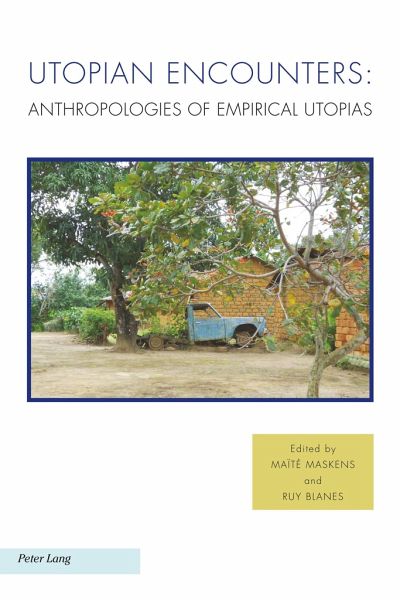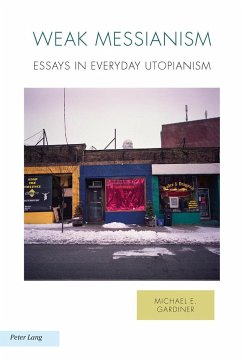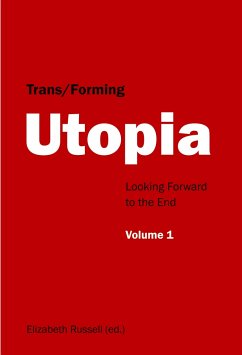
Utopian Encounters
Anthropologies of Empirical Utopias
Herausgegeben: Baccolini, Raffaella; Balasopoulos, Antonis; Fischer, Joachim; Griffin, Michael; Jacobs, Naomi; Kelly, Michael G.; Moylan, Tom; Wegner, Phillip E.; Maskens, Maïté; Blanes, Ruy
Versandkostenfrei!
Versandfertig in 6-10 Tagen
68,90 €
inkl. MwSt.

PAYBACK Punkte
0 °P sammeln!
This volume is an experiment: an enquiry into the possibilities and potentialities of a prospective anthropology of utopia. With different ethnographic contributions studying «empirical utopias» across the world (from ecotopias to religious havens, transnational policies, retirement homes and community agriculture), it looks beyond the commonsense understanding of utopia as a desire, an expectation, a form of imagination stemming from Western political thought. In the process, the volume explores the dynamic dialectic between human imagination and concrete action.












